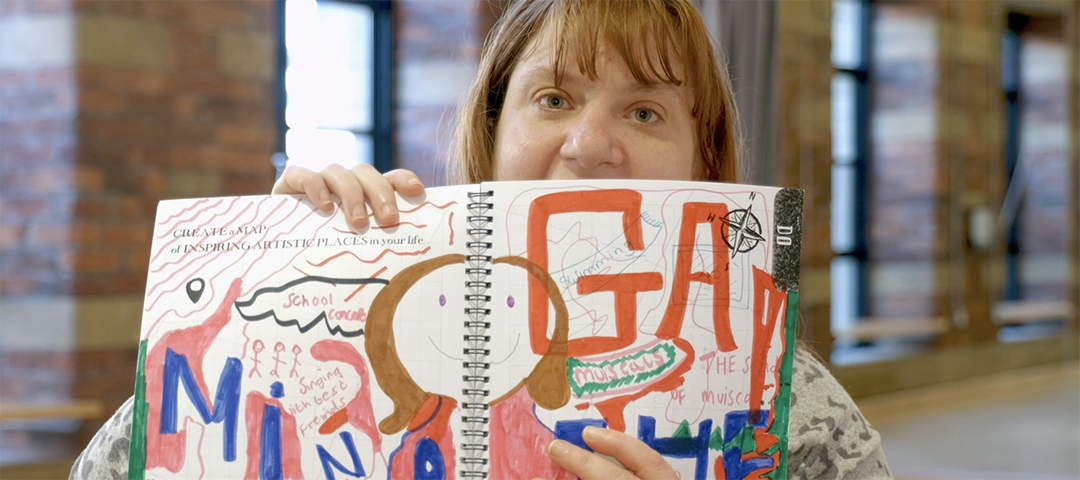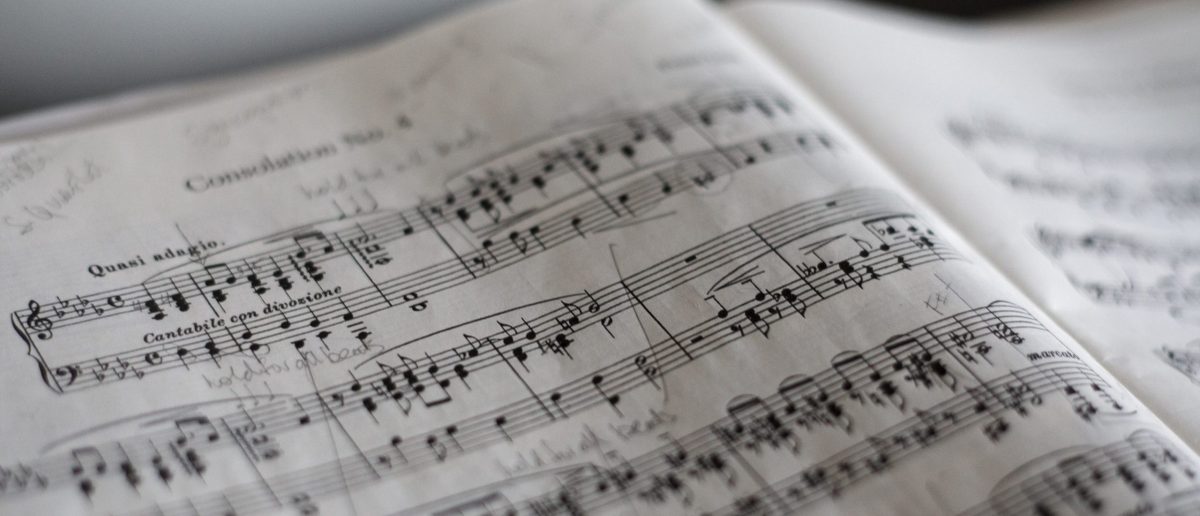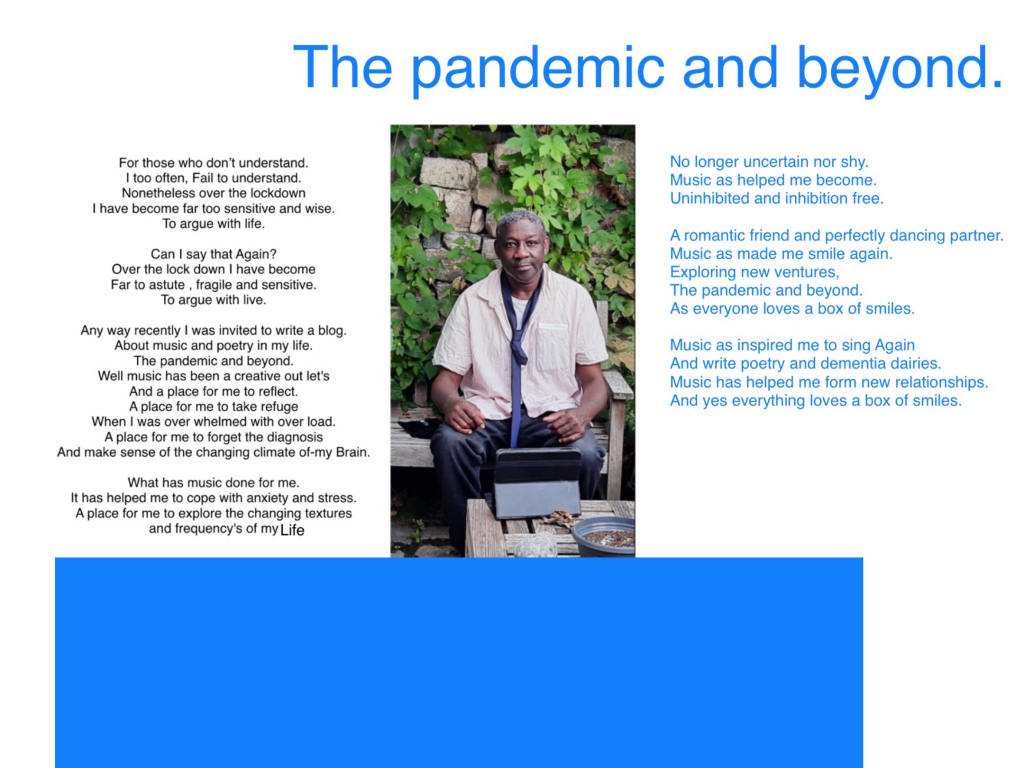This vlog documents and reflects on a small leeway event emerging from preparations to the Metamorffosis-Festival. This arts festival was part of the AHRC funded research project “Re-Inventing the Live-Event” (Bangor University) which looks at how the pandemic triggers paradigmatic changes for the idea of bodily co-presence at live-events.
Together with members of the art group Crone Cast, researcher Sarah Pogoda explored how new hygiene routines during Covid-19 changed perception of private and public space as well as how we perceive intimacy. Taking inspiration from the Happening Celtic+ by German Fluxus artist Joseph Beuys (1971), Crone Cast and Sarah celebrated a semi-public hand washing ritual. The experiment thus used a composition in which bodies share space and time for immediate bodily contact (washing each others’ hands), constituting an unmediated experience of intimacy. Both bodily co-presence and hand washing have become highly contested and regulated due to the Covid-19 pandemic. Our artistic experiment was seeking to trigger thoughts through experience rather than discourse, exposing our bodies to a conflicted situation for pursuing the different and ambiguous feelings elicited.
The vlog brings together audio-visual footage from the experiment with thoughts from all participants recorded a few weeks after the event had taken place, translating the ambivalent results into an audio-visual form that is equally disconcerting.







